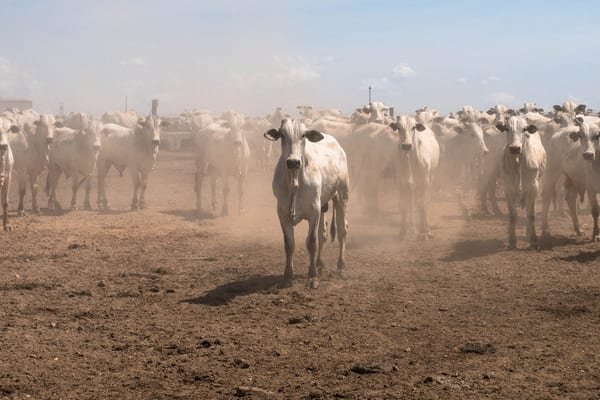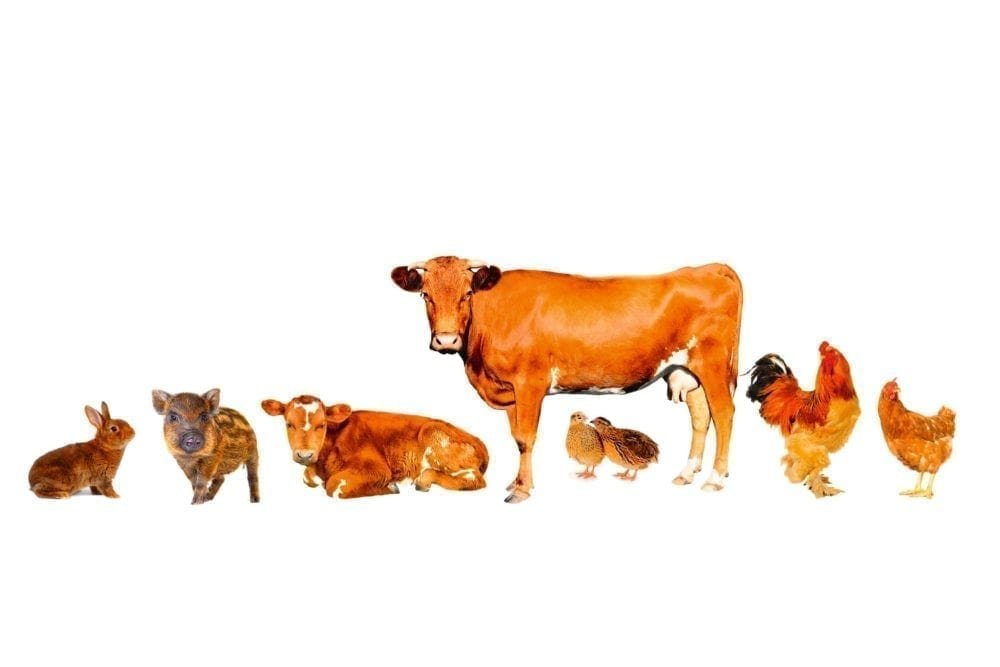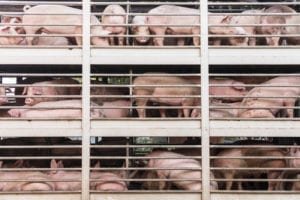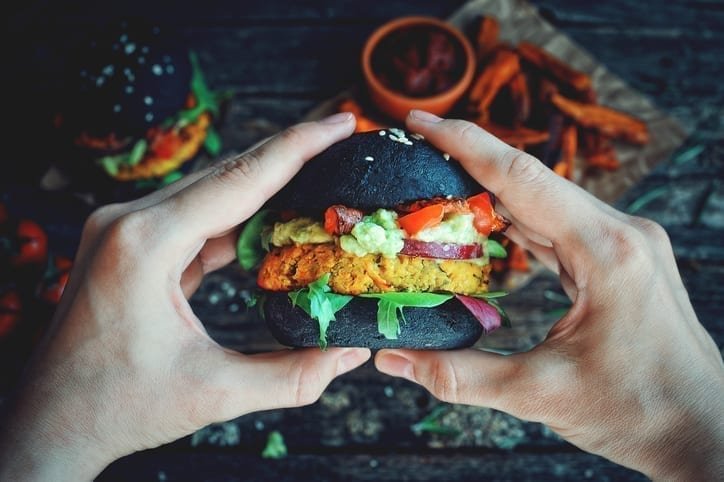Main image credit: © Tommaso Protti / Greenpeace
Today (05 August), Greenpeace UK will launch a campaign against Tesco, calling on the UK’s largest supermarket to stop buying meat and dairy from companies involved in destroying the Amazon and to halve the amount of meat it sells by 2025 to protect people, wildlife and the climate.
Tesco is buying meat from two UK companies, Moy Park and Tulip, which are controlled by JBS –the world’s most notorious forest destroyer and largest meat-packing company.
Greenpeace has exposed JBS time and time again for its part in deforesting the Amazon and has been fined billions of dollars by Brazilian regulators.
Rejecting meat
A new investigation by the Bureau of Investigative Journalism and Reporter Brasil, published this week, has also revealed for the first time that JBS is not just turning a blind eye to its suppliers’ violations but has been directly implicated in transporting deforestation-linked cattle to one of its own direct suppliers.
Industrial-scale meat production, which includes clearing land for beef production and to grow crops like soya for animal feed, is the biggest driver of deforestation globally – but a recent YouGov poll conducted for Greenpeace revealed that only 15% of Britons are aware of this.
The poll also revealed that over half of Britons would consider rejecting meat products linked to deforestation and that one in four think supermarkets should sell less meat.
Tesco’s soya footprint
Tesco sells more meat than any other UK supermarket, making its soya footprint the largest in the UK.
Of the 3.2 million tonnes of soya the UK imports each year, the vast majority (68%) is from South America and most is for animal feed.
Tesco told Greenpeace it uses one sixth of that (516,000 tonnes), and 99% of it is used as feed to produce meat and dairy.
Tesco promised to end its part in deforestation for commodities like soya by 2020, but in 2018 it quietly changed that goal to 2025 and still has not published a credible plan to show how the target will be achieved.
Instead of tracing soya back to the farm, it buys credits to offset. If Tesco is really serious about ending its part in the triple climate, nature and health emergencies we are facing, reducing meat and dairy sales in favour of more plant-based options is the only way forward.
 Play Video about This Rock Might Just Save The World
Play Video about This Rock Might Just Save The World Play Video about Play 2 hours of rock
Play Video about Play 2 hours of rock Play Video about Play 2 hours of brook
Play Video about Play 2 hours of brook Play Video about Play 2 hours of sheep
Play Video about Play 2 hours of sheep















































